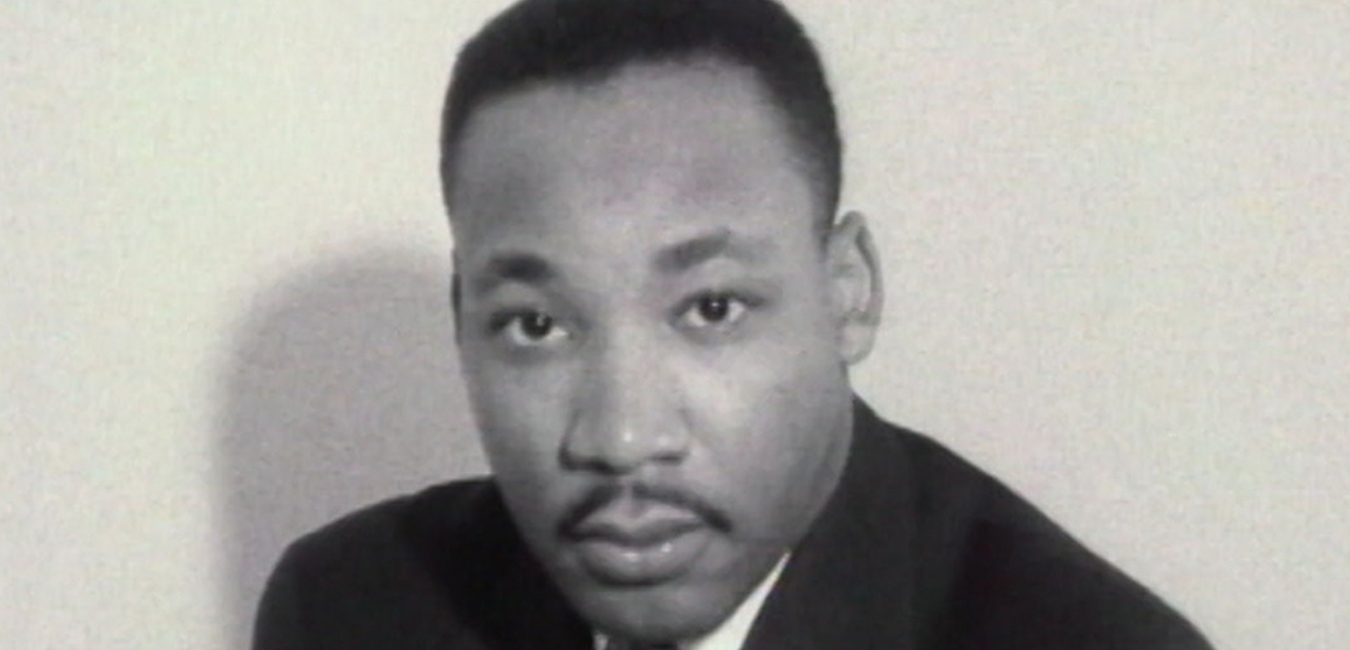
“Elio” is a heartwarming throwback for the imaginative kid in moviegoers
Mistakenly identified as Earth’s leader, Elio forms new bonds with eccentric alien lifeforms, including Questa (Jameela Jamil ), a radiant-like alien ambassador, OOOOO (Shirley Henderson), a blue gelatinous liquid supercomputer, and Glordon (Remy Edgerly), a worm-like alien with a heart of gold. However, it’s not all fun and games as Elio must navigate a crisis of intergalactic proportions and avoid war with Lord Grigon (Brad Garrett), a bulky, worm-like alien warlord and ambassador who is Glordon’s father.





